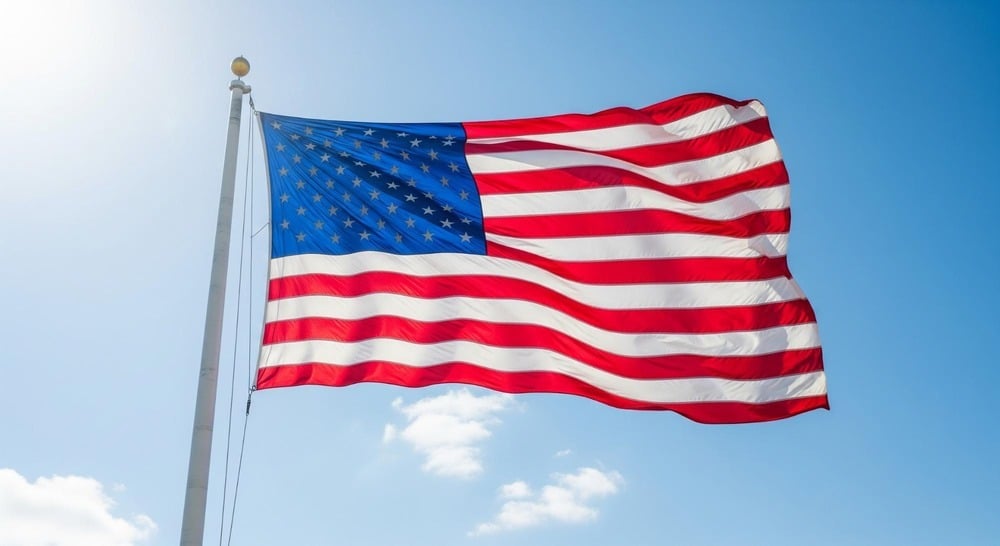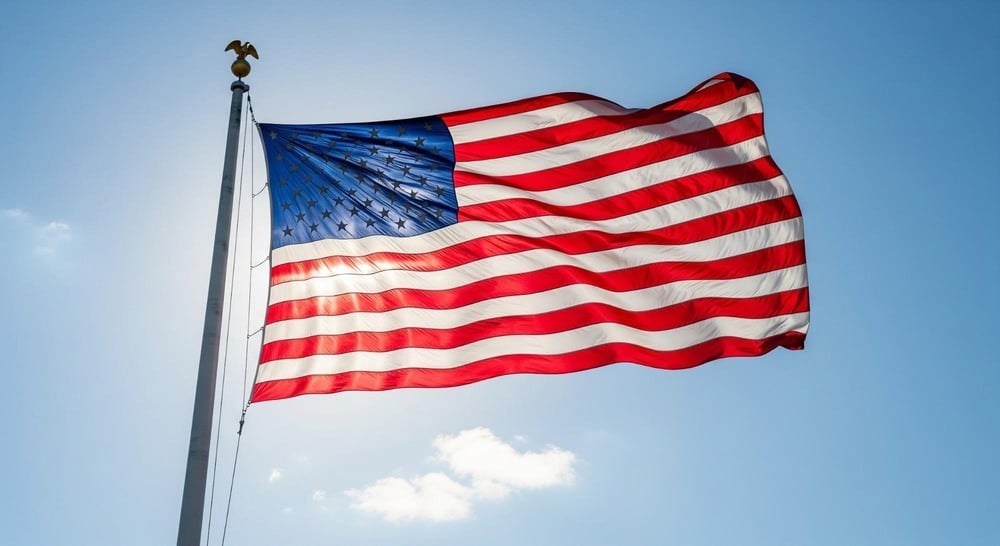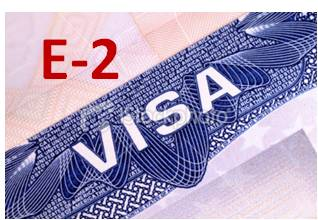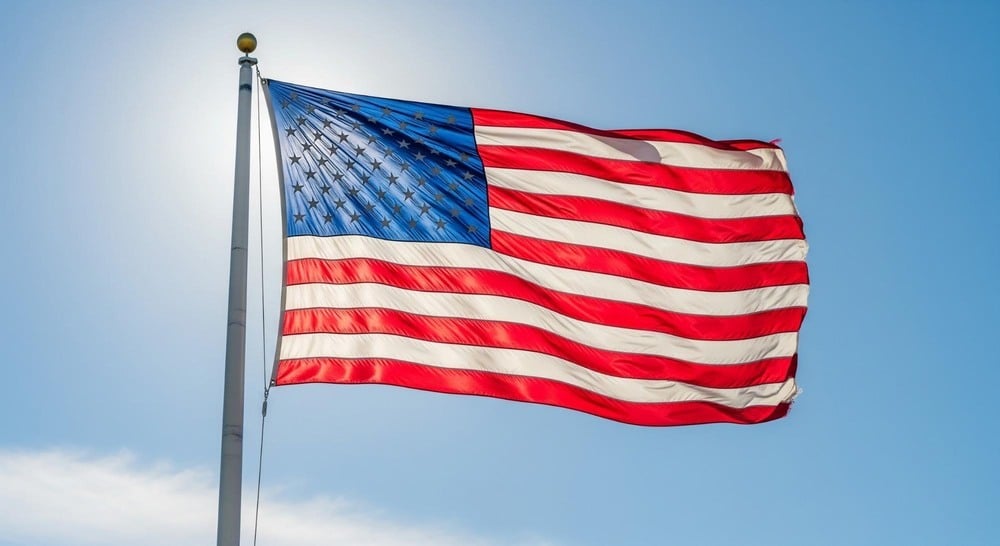Foreign entrepreneurs and companies often look to the United States as a hub for growth. Two of the most common non-immigrant visas available to investors and traders are the E-1 Treaty Trader visa and the E-2 Treaty Investor visa. These visas were created through treaties of commerce and navigation between the United States and specific treaty countries. Each provides a legal framework for foreign nationals to engage in trade or investment while residing temporarily in the United States.
Although both visas share similarities, they are designed for different purposes. The E-1 visa facilitates international commerce by allowing qualified individuals to manage substantial trade between their home country and the United States. The E-2 visa supports investment activity, granting status to those who place a substantial amount of at-risk capital into a U.S. business. Choosing between the two depends on your nationality, business goals, financial capacity, and long-term immigration plans. Understanding the distinctions is essential for making an informed decision.
Why Pollak PLLC Provides Clear Guidance On Treaty Visas
Treaty trader and treaty investor applications require precise planning, thorough documentation, and a long-term strategy. Many clients struggle with reciprocity rules, renewal procedures, or aligning business goals with U.S. immigration requirements. Pollak PLLC E2 visa lawyer provides clarity by combining decades of experience with personalized service, giving you confidence as you move through the process.
Direct Access To Managing Attorney Karen-Lee Pollak
At Pollak PLLC, you work directly with Managing Attorney Karen-Lee Pollak, who has decades of exclusive immigration law experience. Her leadership ensures that you benefit from the knowledge and strategies required to handle complex applications and long-term planning. This level of involvement sets Pollak PLLC apart from larger firms where cases are often delegated to junior staff.
Customized Strategies For Businesses And Families
Every business model and nationality brings unique considerations. Some treaty countries have reciprocity schedules that limit visa duration, while others offer more flexible terms. Pollak PLLC E1 visa lawyer develops customized strategies that account for treaty obligations, business plans, and family goals. By aligning immigration filings with your broader objectives, we help create stability for both business operations and family members.
Hands-On Preparation Of Documentation
Our approach includes detailed preparation of required filings, such as Form DS-160, DS-156E, and I-129. We assist you in gathering evidence of trade or investment, preparing business plans, and ensuring documentation is consistent with U.S. Citizenship and Immigration Services (USCIS) and Department of State expectations. This attention to detail minimizes the likelihood of Requests for Evidence or delays during consular processing.
Proactive And Clear Communication
We emphasize proactive communication at every stage of the process. From explaining reciprocity schedules to clarifying renewal procedures, we provide timely updates and anticipate questions before they arise. You remain informed throughout, giving you confidence in every filing and decision.
Eligibility Requirements: Who Qualifies For E-1 And E-2?
Understanding the eligibility requirements for E-1 and E-2 visas is critical before beginning the application process. While both visas are based on treaties, their qualifications differ.
E-1 Treaty Trader Visa
The E-1 visa is designed for nationals of treaty countries who engage in substantial trade with the United States. To qualify, the trade must be continuous and involve a significant volume of transactions over time. The majority of trade must occur between the United States and the treaty country. Qualifying trade may involve goods, services, international banking, technology, or other recognized categories. Applicants may be the principal trader or employees in executive, supervisory, or essential skills roles.
E-2 Treaty Investor Visa
The E-2 visa applies to nationals of treaty countries who make a substantial investment in a bona fide U.S. enterprise. The investment must be at risk, committed to the business, and sufficient to ensure successful operations. Ownership stakes, managerial roles, and evidence of control are critical to demonstrating eligibility. Importantly, the business cannot be a marginal enterprise—it must have the capacity to generate more than minimal income and create economic contributions such as employment opportunities.
Many clients ask how much investment is required for an E-2 visa. While there is no fixed statutory minimum, the investment must be substantial relative to the business being established. For example, a small service company may require less capital than a manufacturing plant, but both must demonstrate that the investment is significant and sufficient to sustain the enterprise.
Key Differences Between E-1 And E-2 Visas
E-1 and E-2 visas share certain procedural similarities but are fundamentally different in purpose and scope. The E-1 visa is centered on trade and requires proof of substantial and ongoing commercial exchange, while the E-2 visa is designed for investors who commit significant capital to a U.S. enterprise. Understanding these distinctions helps you determine which option better aligns with your business activities, resources, and long-term immigration goals.
Purpose: Trade Vs. Investment
The E-1 visa is centered on facilitating trade between the United States and a treaty country. The E-2 visa focuses on investment into a U.S. business. Applicants must determine whether their business activity aligns more closely with trade or investment.
Financial Thresholds And Business Involvement
E-1 applicants must demonstrate substantial and principal trade but are not required to invest capital. E-2 applicants must commit substantial at-risk capital and take an active managerial or executive role in the business.
Length Of Stay And Renewal Rules
Both visas are granted in increments based on reciprocity agreements with treaty countries. Each admission is typically valid for up to two years. Renewals are possible indefinitely as long as the treaty relationship remains valid and the visa requirements continue to be met. This allows long-term business activity without the need to pursue permanent residency immediately.
Spousal Work Authorization And Dependent Benefits
Family members can accompany E-1 and E-2 visa holders. Spouses are eligible for work authorization, which allows them to seek employment in the United States. Dependent children may attend school but are not permitted to work. Once a child reaches the age of 21, they age out of dependent status and must seek a new visa category.
Application Process Overview
The application process for both visas involves multiple steps and careful preparation of documentation.
Form DS-160 And Visa Interview
Applicants begin by completing Form DS-160 and scheduling a visa interview at a U.S. consulate. For E-2 applicants, an additional DS-156E may be required to detail the investment and business plan.
Business Or Trade Documentation
Applicants must provide proof of eligibility. E-1 applicants submit trade records, shipping invoices, and financial documents that demonstrate substantial and principal trade. E-2 applicants provide evidence of substantial investment, such as bank transfers, purchase agreements, and business incorporation documents. A comprehensive business plan is often required.
Consular Filing Vs. Change Of Status In The U.S.
Applicants outside the United States typically apply through consular processing. Those already in the United States on another status may request a change of status through USCIS by filing Form I-129 with the E supplement. Each path has specific procedural requirements.
Reciprocity Periods And Country-Specific Rules
Visa validity periods vary depending on reciprocity agreements with treaty countries. Some nationalities may receive visas valid for several years, while others are limited to shorter durations. Understanding reciprocity rules ensures that applicants plan renewals effectively.
Pros And Cons: Choosing Between E-1 And E-2
Each visa type has advantages and disadvantages that should be weighed before applying. Careful evaluation helps ensure that your chosen option aligns with both short-term business goals and long-term immigration planning. Understanding the nuances of each visa can also reduce the risk of unexpected challenges later in the process.
Flexibility In Business Activities
The E-1 visa provides flexibility for companies involved in ongoing trade. The E-2 visa supports a broader range of investment opportunities, allowing investors to develop new enterprises or acquire existing businesses. E-1 visa holders must remain focused on maintaining a consistent flow of substantial trade, while E-2 investors can diversify their business strategies. This flexibility can make the E-2 especially attractive for entrepreneurs who wish to scale operations or enter new markets.
Financial Risk And Capital Commitments
The E-1 visa requires no capital investment but relies heavily on proof of trade volume. The E-2 visa requires substantial at-risk capital, making it a higher-risk option financially but potentially offering greater control over business operations. E-2 investors must be prepared to show that funds are committed and subject to business risks, not simply held in reserve. While this requirement increases financial exposure, it also demonstrates genuine intent to operate a successful U.S. business.
Long-Term Planning Considerations
Both visas can be renewed indefinitely as long as treaty conditions remain in place. However, neither visa directly leads to permanent residency. This limitation means that families and businesses must begin planning early if their goal is a green card. Exploring employment-based or family-based options while maintaining E-1 or E-2 status provides a smoother transition to permanent residency.
Ease Of Renewal And Expansion
E-1 renewals depend on maintaining substantial trade, while E-2 renewals depend on business viability. Expansion and growth of the enterprise improve the chances of successful renewals. For E-1 holders, showing consistent or increasing trade volume strengthens renewal applications. For E-2 investors, demonstrating profitability and job creation signals business stability and long-term contributions to the U.S. economy.
Family And Dependent Considerations
Both E-1 and E-2 visas allow family members to accompany the principal applicant. Families gain the ability to live together in the United States and take advantage of local education and healthcare systems. However, each family member’s rights differ, and understanding these distinctions is important for long-term planning.
Work Authorization For Spouses
Spouses of E-1 and E-2 visa holders may obtain work authorization, allowing them to pursue employment in the United States. This provides significant flexibility for families. Having a second income stream can make living in the United States more financially secure. It also allows spouses to build their own careers or businesses while supporting the family’s immigration journey.
Education For Children
Children may attend school or university in the United States. They enjoy the benefits of studying in the U.S. education system but cannot legally work while in dependent status. Many families view this as an opportunity to provide their children with a high-quality education. However, planning is required once children reach the age limit for dependent status.
Age-Out Issues For Dependents
Once a child turns 21, they lose dependent eligibility. Families must plan ahead to transition dependents to student visas or other immigration options. Without careful planning, children risk falling out of status and losing the ability to remain lawfully in the United States. Early preparation helps avoid these disruptions and ensures a smoother transition for young adults.
Tips And Common Pitfalls For E-1 And E-2 Applicants
Applicants often encounter challenges that can delay or jeopardize approval. Awareness of common pitfalls allows you to prepare more effectively and reduce risks. Addressing these issues early makes the application process more efficient.
Inadequate Documentation Of Trade Or Investment
Failure to provide clear and thorough documentation of trade or investment is a leading cause of denials. Applicants must submit detailed financial records, contracts, and evidence of ongoing operations. Comprehensive documentation reassures adjudicators that your business activity is legitimate. Inconsistent or incomplete evidence can lead to costly delays or outright denial.
Underestimating The “Substantial” Standard
Both visas require evidence that trade or investment is substantial. Applicants who underestimate this standard may face requests for additional evidence. Substantiality is judged relative to the type of business, meaning the required level differs across industries. Providing detailed explanations of how your trade or investment meets this threshold is essential.
Misunderstanding Treaty Country Reciprocity Rules
Visa validity varies by treaty country. Failing to account for reciprocity schedules can lead to shorter approvals than expected and disrupt long-term planning. Some countries offer only one-year visa validity, while others provide five years or more. Knowing the terms for your nationality ensures accurate planning for renewals and travel.
Failing To Plan For Long-Term Immigration Goals
Because E-1 and E-2 visas do not provide dual intent, holders must maintain intent to depart. Failing to plan for long-term immigration options, such as EB-5 or family-based sponsorship, may create difficulties if circumstances change. Families seeking stability should begin exploring green card pathways early. Proper planning reduces stress and provides a roadmap toward permanent residency.
Planning For Future Immigration Options
E-1 and E-2 visas are valuable for temporary business activity but should be considered within a larger immigration strategy. Long-term security often requires exploring immigrant visa categories that can provide permanent residency. Early exploration of these options ensures that you can act when the timing is right.
Transitioning To An EB-5 Immigrant Investor Visa
For those with greater capital, the EB-5 program provides a path to permanent residency. This requires at-risk capital investment and the creation of at least 10 U.S. jobs. The EB-5 option is attractive to E-2 investors who wish to convert temporary business operations into permanent status. Careful structuring of investments and business plans is critical to meeting EB-5 requirements.
Using EB-2 NIW Or EB-1 For Permanent Residency
Some E-1 or E-2 holders may qualify for employment-based immigrant visas. Extraordinary ability under EB-1 or a National Interest Waiver under EB-2 allows applicants to pursue green cards without employer sponsorship in certain circumstances. These categories require strong evidence of achievements or national interest contributions. Success depends on building a compelling case that highlights qualifications and value to the United States.
Family-Based Green Card Pathways
Marriage to a U.S. citizen or sponsorship by a lawful permanent resident relative may provide a route to permanent residency. These family-based pathways are often simpler and faster than employment-based options. For many families, this option creates stability while maintaining business operations. Early filing ensures that family-based petitions move forward in line with visa availability.
Work With An E-1 Or E-2 Visa Lawyer Who Understands Business Immigration
E-1 and E-2 visas play a vital role for foreign nationals seeking to grow businesses in the United States. Selecting the right visa requires careful consideration of your nationality, trade or investment capacity, and family circumstances. Long-term planning is equally important, as neither visa automatically leads to permanent residency.
Pollak PLLC business immigration lawyer helps entrepreneurs, executives, and families evaluate their options and develop strategies that align with both business goals and immigration priorities. With offices in Dallas and Fort Lauderdale and clients across the United States, we provide guidance in English, Spanish, and additional languages upon request. Contact our E-1 and E-2 visa lawyer today to discuss which path fits your business and family goals.




